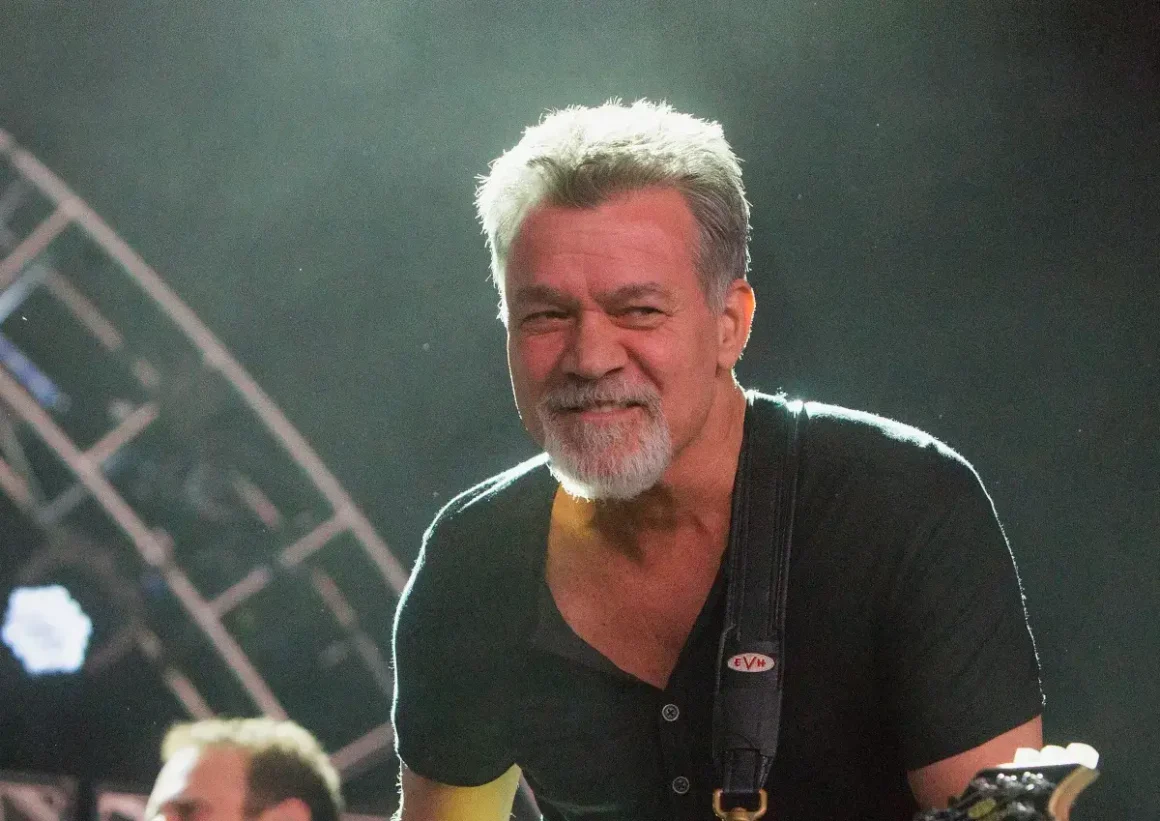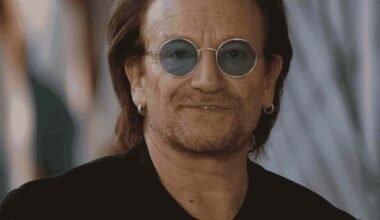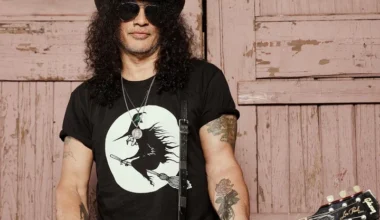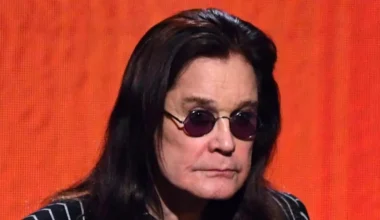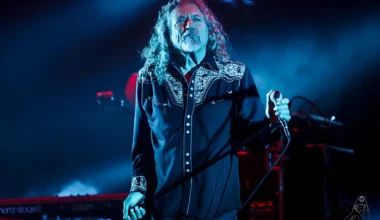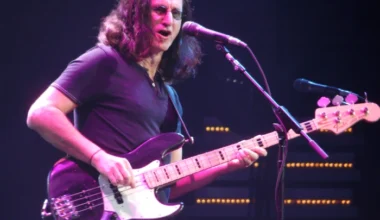The debate over rock’s greatest guitarists is a lively one, with legends like Les Paul, Jimmy Page, and Jimi Hendrix claiming their rightful places among the elite. However, the remaining chairs in this esteemed gathering are filled with ever-changing occupants, a notion that often puzzled Eddie Van Halen, one of rock’s most innovative six-string wizards.
Van Halen revolutionized guitar playing from the late 1970s onward, introducing techniques that reshaped the instrument’s sound and style. His finger-tapping method defied the norms established by earlier icons and showcased a humility that distinguished him in a competitive field.
In rock music, competition is a reality, evidenced by legendary rivalries such as those between Pete Townshend and Jimi Hendrix, The Beatles and The Rolling Stones, and Nirvana and Guns N’ Roses. Yet, Van Halen approached his craft with a refreshing perspective. When Rolling Stone asked him to identify the greatest guitarists, he expressed confusion over the concept.
“I never quite understood… what is this based on?” he questioned. “I’ve never rated myself as a guitarist, or anyone else. To me, it’s not the Olympics or a competition. Back in the days of Beethoven and Mozart, how could you rate them? They were all exceptional in their own right.”
Music, much like beauty, is subjective; what resonates with one listener might not strike another the same way. Nevertheless, when a master musician like Van Halen speaks, people listen. While he disapproved of rankings, he did name his number one guitarist.
“I would have to start with the people who gave us the electric guitar, which is Les Paul and Leo Fender,” Van Halen reflected. “Without them, we wouldn’t have guitars to play.
Les Paul, as both a player and an innovator, would be at number one. Leo Fender wasn’t necessarily a player, but he surrounded himself with musicians and created electric guitars.”
Yet, as Van Halen acknowledged the founders, he revealed a more personal preference. “Then came Eric Clapton, who is at the top of my list,” he stated. At first glance, Clapton’s influence may not seem apparent, but Van Halen’s admiration for “Slowhand” ran deep.
“What attracted me to his playing, style, and vibe was the basic simplicity of his approach and his tone,” he explained. Clapton’s choice to connect a Gibson guitar directly to a Marshall amp exemplified this simplicity.
“The basics. The blues. I didn’t want a Les Paul or a Fender. So, I cross-pollinated the two—I took the best parts of each one and made my own guitar. Clapton is the only one that’s influenced me.”
While few guitarists can surpass Eddie Van Halen’s virtuosity, Eric Clapton is undeniably one of them. Regardless of how Van Halen approached his craft, he would always place Clapton at the pinnacle of guitar excellence.

